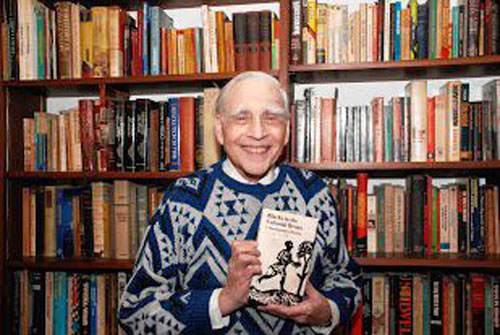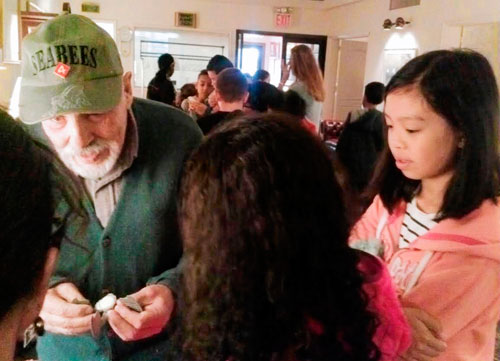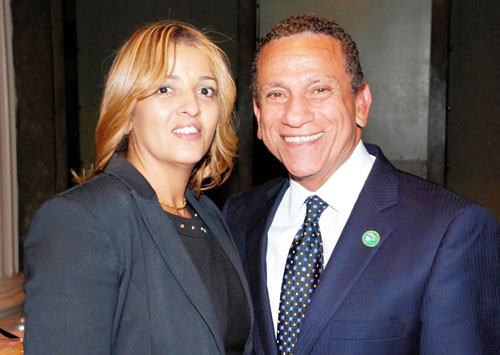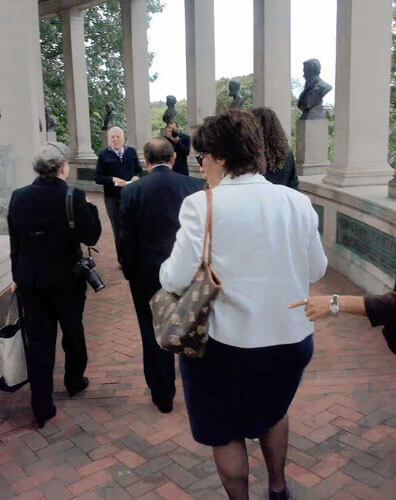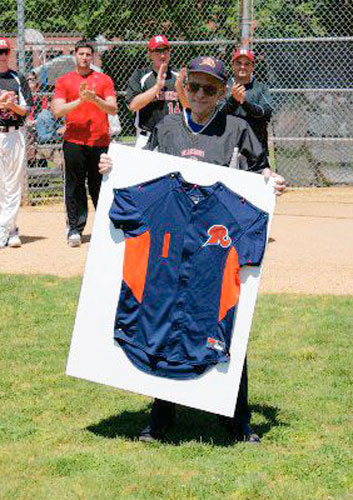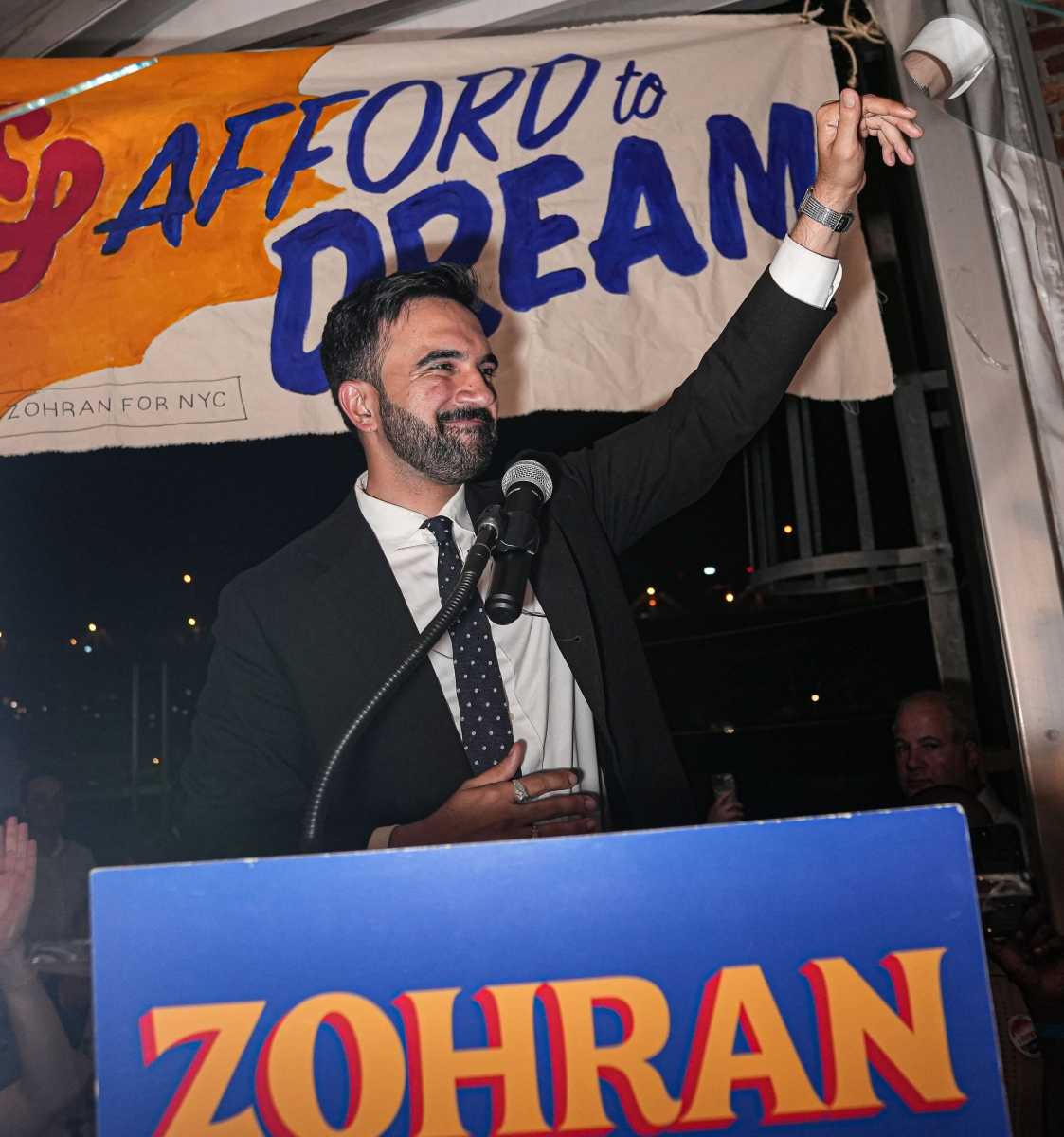Official Bronx Borough Historian Lloyd Ultan, a walking encyclopedia of local lore, just keeps cranking out books on the borough he loves and seemingly knows like the back of his hand.
He also knows good timing, which is why his latest tome, “Blacks in the Colonial Bronx,” has just been released at the start of Black History Month.
He’ll also be giving a lecture on the subject, based on his book, at the Bronx Historical Society Feb. 15.
Throughout his research of the Colonial period, Ultan said he found scattered references in government documents and newspapers to blacks in the Bronx.
“It tells the story of a rich heritage that has not been done before,” said Ultan.
He compiled his research and reproduced the documents in a book he says is geared towards the general public as well as history scholars.
Ultan said although many people think a significant black population first came to the Bronx around 1943, the first record of a black person in the Bronx is from 1670, mentioning a slave of the Morris family who was brought to New York from Barbados. The Morris family was the largest slave owner in the Bronx, owning up to 30 slaves at one time.
Ultan said that in his research he found an extremely moving obituary written by the Morris family about one of their slaves who lived to more than 90 years old.
There also were free blacks living in the Bronx at the time, although fewer records about them exist.
The first record of a free black in the Bronx is a 1698 census that includes mention of “Antone the neger,” his wife and sons living in “Fordham and vicinity.”
Free black men worked both as hired labor and as skilled craftsman, like barrel makers, said Ultan.
During the French and Indian and the Revolutionary wars, black men from the Bronx fought alongside white men in the same militias, he added.
By the time of the American fight for independence, people in the area began to realize that revolution and slavery were incompatible.
“They contributed to the building of the Colonial Bronx, and they fought side by side and contributed to liberty and freedom,” Ultan said of the black colonial population.
Ultan defines the Colonial period as 1664, when the British took over the territory from the Dutch, until the occupation ended in 1783.
He believes it’s good for both black and non-black Bronxites to know this particular piece of local history, noting “It’s part of the heritage of the Bronx.”
Ultan’s lecture on the subject will be at 1 p.m. February 15 at the Bronx Archives Building, 3313 Bainbridge Avenue.
His book “Blacks in the Colonial Bronx” can be bought through the historical society or at Barnes & Noble.

